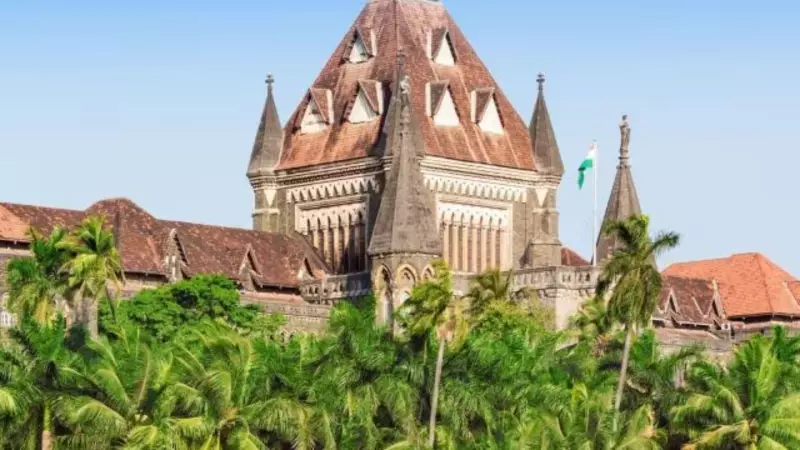
In a significant development that could impact thousands of young voters, the Bombay High Court has raised serious concerns about the Election Commission's preparedness to handle a potential surge in voter applications for the upcoming Brihanmumbai Municipal Corporation (BMC) elections.
The court's intervention came while hearing a plea filed by an 18-year-old student who fears being excluded from the democratic process due to systemic limitations. The petitioner argued that the current infrastructure might not withstand the expected rush of new voter registrations.
System Under Strain
Justice Gautam Patel, presiding over the case, expressed apprehension that the electoral system could be "overwhelmed by a rush of applications" if proper measures aren't implemented. The court specifically directed the Election Commission to seriously consider the young petitioner's concerns and take proactive steps to prevent any voter disenfranchisement.
What This Means for Young Voters
The case highlights a critical issue facing India's democracy: ensuring that first-time voters, particularly those who have recently turned 18, can exercise their fundamental right to vote without technical or systemic barriers.
"The timing is crucial," the court observed, emphasizing that with BMC elections approaching, the Election Commission must ensure its systems are robust enough to handle increased registration traffic without crashing or slowing down significantly.
Broader Implications
This legal development comes at a time when youth participation in elections is increasingly important. The court's stance signals judicial recognition of the need for electoral systems to evolve and scale according to demographic demands, especially in densely populated urban centers like Mumbai.
The Election Commission now faces the challenge of demonstrating that its digital infrastructure and administrative processes can accommodate what might be an unprecedented number of young Mumbaikars eager to participate in their city's governance.






